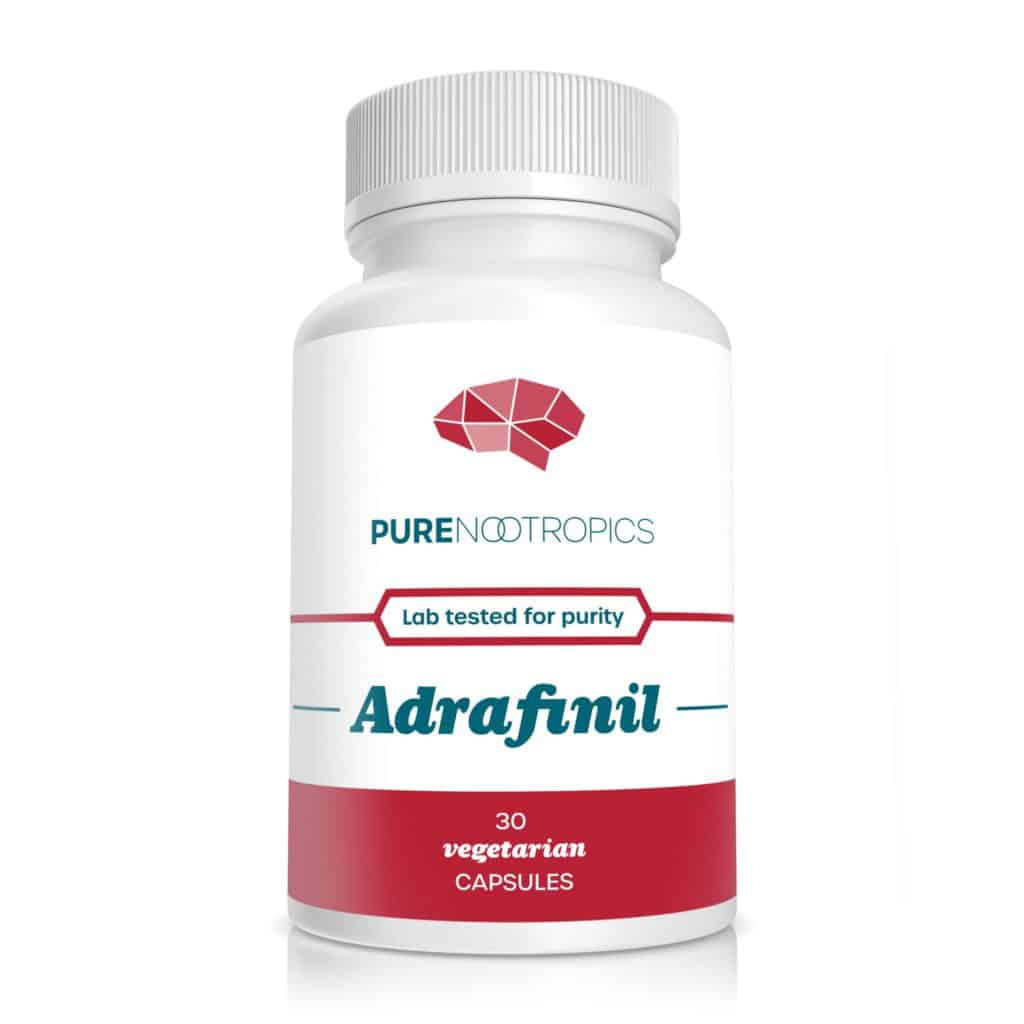This comprehensive guide explores Adderall (often misspelled as “Addera”), a commonly prescribed medication for Attention-Deficit/Hyperactivity Disorder (ADHD) and narcolepsy. We’ll delve into its mechanisms, benefits, potential risks, and alternative treatment options.
Decoding Adderall: How It Works and What It Treats
Adderall, a brand name for a combination of amphetamine and dextroamphetamine salts, is classified as a central nervous system stimulant. It primarily treats ADHD and narcolepsy. For individuals with ADHD, Adderall can improve focus, attention, and impulse control. In narcolepsy, it helps regulate sleep-wake cycles, combating excessive daytime sleepiness.
The Science Behind Adderall
Adderall’s effects stem from its interaction with key neurotransmitters in the brain, primarily dopamine and norepinephrine. These chemical messengers play crucial roles in regulating attention, motivation, and wakefulness. In individuals with ADHD or narcolepsy, these neurotransmitter systems may not function optimally. Adderall likely boosts the activity of these neurotransmitters, effectively “turning up the volume” on their signals, leading to improved symptoms.
Navigating Adderall: Dosage, Benefits, and Risks
Adderall is available in both immediate-release (Adderall IR) and extended-release (Adderall XR) formulations. A healthcare professional will determine the appropriate dosage based on individual needs and responses. For extended-release capsules, it’s important to swallow them whole and avoid crushing or chewing them. Some formulations can be mixed with applesauce, as directed by a physician. Check out our antibiotics online for a wide selection of antibiotics.
Potential Benefits
When used appropriately and under medical supervision, Adderall can offer significant benefits:
- Improved Focus and Attention: Adderall can help individuals with ADHD maintain concentration and complete tasks more effectively.
- Reduced Impulsivity and Hyperactivity: It may lessen impulsive behaviors and promote calmer, more controlled actions.
- Decreased Daytime Sleepiness (Narcolepsy): Adderall can help individuals with narcolepsy stay awake and alert during the day.
Potential Side Effects and Risks
While Adderall can be effective, it’s crucial to be aware of potential side effects and risks:
- Cardiovascular Effects: Adderall can increase heart rate and blood pressure. This risk is potentially greater for individuals with pre-existing heart conditions like high blood pressure or atrial fibrillation.
- Dizziness: Some individuals may experience dizziness, which can impair driving ability. Visit our augmentin pediatric dose calculator for easy medication management.
- Addiction and Withdrawal: Adderall carries a risk of dependence and can lead to withdrawal symptoms if stopped abruptly after regular use.
- Mental Health Effects: In some cases, Adderall may increase suicidal thoughts. It’s vital to report any such thoughts to a healthcare professional immediately.
- Other Side Effects: Decreased appetite, insomnia, and anxiety are also possible.
Exploring Alternatives to Adderall
Adderall isn’t the sole option for managing ADHD and narcolepsy. Alternative treatments include:
- Non-Stimulant Medications: Medications like atomoxetine work differently than stimulants and may be a suitable alternative for some individuals.
- Therapy: Cognitive Behavioral Therapy (CBT) can equip individuals with strategies to manage impulsivity, improve focus, and cope with the challenges of ADHD.
- Lifestyle Changes: Regular exercise, a healthy diet, and sufficient sleep can contribute to improved overall well-being and potentially alleviate some ADHD symptoms.
Responsible Use and Precautions
Safe and effective Adderall use requires careful monitoring and adherence to medical guidance:
- Medical Supervision: Always use Adderall under the supervision of a healthcare professional.
- Pregnancy and Breastfeeding: Consult a doctor before using Adderall during pregnancy or while breastfeeding. It’s generally not recommended during breastfeeding.
- Interactions: Be sure to inform your doctor about all other medications you are taking, as Adderall can interact with certain drugs, including some antidepressants.
- Driving: Use caution when driving or operating machinery, as Adderall can affect alertness.
- Substance Use: Avoid combining Adderall with alcohol or other substances.
Ongoing Research and Evolving Understanding
Research on Adderall’s long-term effects and its interaction with the brain is ongoing. While current evidence suggests its effectiveness in managing ADHD and narcolepsy, future research may refine treatment approaches. This underscores the importance of open communication with your healthcare provider and staying informed about the latest developments.
Addera vs. Adderall: Clarifying the Confusion
“Addera” is a common misspelling of “Adderall.” If you encounter the term “Addera,” it likely refers to the medication Adderall. Always consult with a healthcare professional for clarification and guidance regarding any medication. They can help you weigh the potential benefits against the possible risks and make informed decisions about your healthcare. Remember, managing these conditions is a journey, and seeking support is a sign of strength.
- Cooking Kits Make Mastering New Recipes Fun for Everyone - February 4, 2026
- Leak-Proof Glass Food Containers with Locking Lids Keep Food Fresh - February 3, 2026
- Glass Storage Containers With Glass Lids That Lock for Freshness - February 2, 2026










